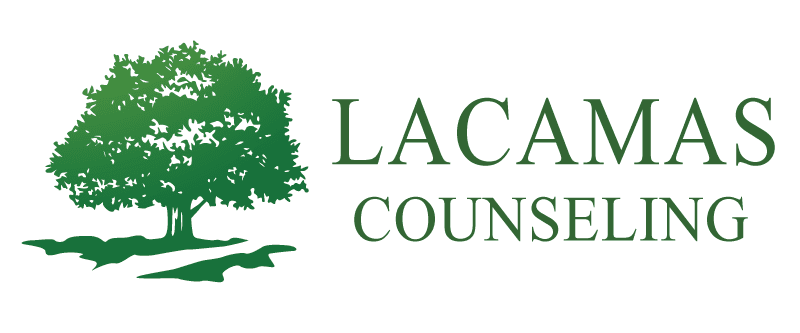Obsessive Compulsive Disorder Counseling
Obsessive Compulsive Disorder
Lacamas Counseling Serves Vancouver, Camas, Washougal Washington and the surrounding areas
Obsessive Compulsive Disorder (OCD) refers to a chronic and often long-lasting disorder in which a person suffers from uncontrollable, recurring thoughts (obsessions) and finds themselves having the urge to repeat behaviors (compulsions). A person with OCD can have symptoms of obsessions, compulsions, or both. OCD is different than anxiety, but can often have overlapping symptoms.
OCD may be diagnosed as a mental health disorder if the symptoms are time consuming, or impacts your ability to function in your relationships, work, school, or other important parts of your life.

Symptom Self-Check
Do you experience repeated thoughts, urged, or mental images that cause you anxiety?
Some Common Examples:
Fear of germs, illness, or contamination
Unwanted and uncomfortable thoughts involving sex, religion, or self-harm
Aggressive thoughts towards others or self
Having things symmetrical, organized, or in a perfect order
Do you engage in repetitive behaviors, often in response to obsessive thoughts?
Common Examples:
Excessive cleaning and/or handwashing
Ordering, arranging, re-arranging things in a particular, precise way
Repeatedly checking on things, such as a door being locked, stove if off, lights are on or off
Repeating a task a specific number of times, e.g., turning lights on and off, turning a dial, stacking and unstacking, brushing. Strong desire to count things
Do you struggle to control your thoughts or behaviors, even when you realize they are excessive?
Do you spend at least 1 hour a day on these symptoms?
Do you feel some level of relief when you do these tasks?
Treatments for OCD:
OCD can be treated and it’s important to work with a professional to help identify an effective treatment plan.
Treatment for OCD can include:
- Counseling
- Medications (i.e. antidepressants, mood stabilizers)
- Group counseling
- Social support
- Education and empowerment
- Exposure and Response Prevention
- Habit Reversal Training
- Stress management and reduction
- Relaxation (deep breathing, meditation, mindfulness)
- Self-talk (coaching, cognitive patterns, accepting the unknown)
- Self-care (sleep hygiene, exercise, nutrition)
If you are experiencing any symptoms of OCD that are impacting your well-being and functioning, please connect with Lacamas Counseling for professional therapeutic support to address and alleviate your symptoms of OCD.
Additional Resources for OCD:
Factsheet for OCD by NAMI (National Alliance on Mental Illness)
Obsessive-Compulsive Disorder by NIMH (National Institute of Mental Illness)
